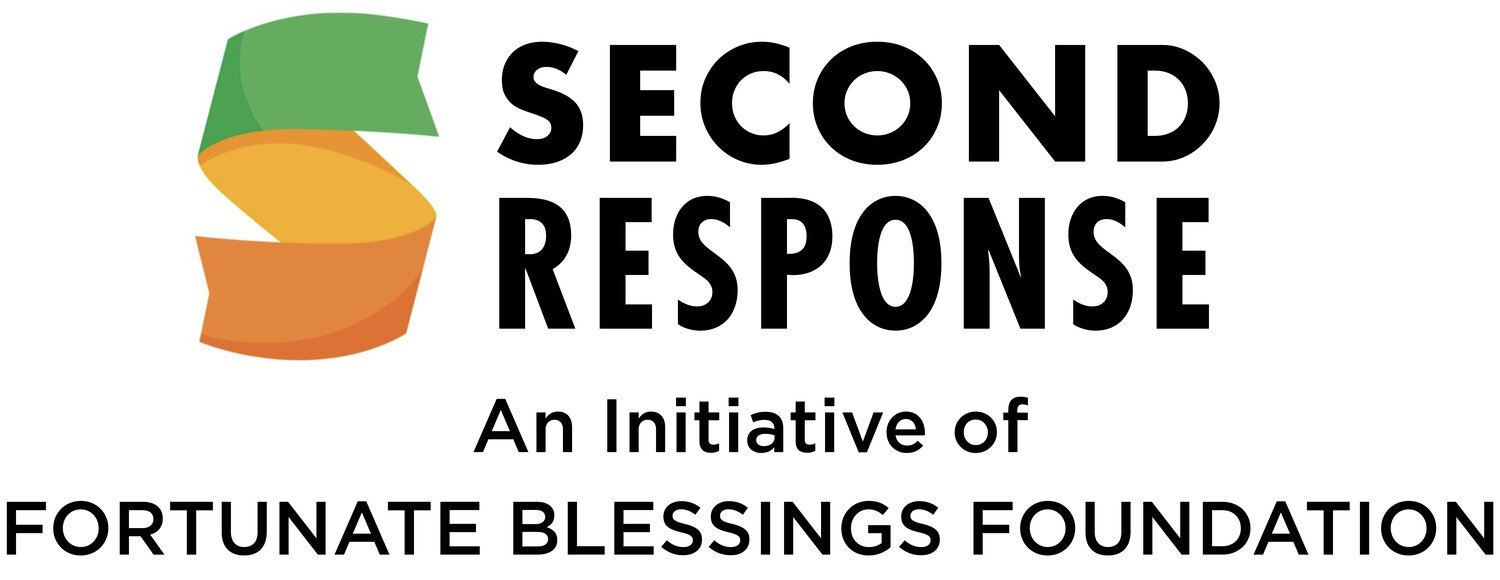I’m in the back of a rental car, driving East from Zagreb to Opacovać through the Croatian countryside. Besides the unrecognizable words on Eastern European signage, we could easily be in Ohio, dotted with cornfields, tractors, warehouses. It's raining and about 50 degrees as we speed along the highway. My father drives as our host, Sanja, in the passenger seat, goes on about the conditions in the camp where we’re going. We’re having a grey time.
The Red Cross, along with twenty or so organizations, is operating what I’d call a transit relief camp along the long, unpredictable path to Germany. For those who aren’t up to speed, here’s what’s basically happening:
Refugees are fleeing the violent conflicts Syria. Staying in the country offers no viable future so they’re walking hundreds of miles to get out and most are heading to Germany, the third largest economy in the world, who has opened their borders. About 70% of those passing through here are single men. Many women and children were left behind because of the challenging and dangerous conditions of this journey. Many other refugees from neighboring countries are joining the migration in a global scramble to find a better life. For example, some are flying from other parts of the world to Bosnia and joining the thousands heading up through Eastern Europe. According to our host, they’re simply saying they’re also Syrian war refugees. It’s impossible to say one way or another. One hundred and seventy thousand people have passed through this spot in the past 30 days. That’s over five thousand people a day. While the numbers are impossible to calculate exactly, it is reasonable to estimate fifteen to twenty thousand children under sixteen. Some babies are carried all the way through in the arms of a parent, relative or trusted friend.
According to our host, the local government asked the Red Cross to take on the nearly impossible task of heading up the efforts and for other organizations to go through them. They’d need 10 times the staff to handle even that part, let alone manage the ever changing geographical (an political) landscape of the migration and the collaboration with local police who, everyone seems to agree, are really in charge.
Everyone is short staffed, constantly in flux, and thoroughly overworked. Taking a break is the furthest thing from anyone’s mind and so, after two or three days, most volunteers and aid workers are emotionally compromised and some kind of sick, a natural result of a taxed immune system and a massive humanitarian crisis with no end in sight.
As refugees pass through, they’re asked to register with immigration; but they’re often afraid (understandably) of any documentation or even any organized shelter because they think they’ll be detained and kept from proceeding. They’re suspicions lead them to refuse all but the most basic aid and then, when even that is often laden with complexity, trust — that most delicate and necessary ingredient in a supportive relationship — is lost. Therefore everyone’s acting on a high alert setting, perceiving danger at every move and tensed for conflict at any moment. Cortisol, the fight or flight hormone, is likely at an all time high among the collective refugees and volunteers as adrenal fatigue sets in.
Second Response’s mission of helping mitigate the effects of trauma on the body extends beyond just reaching survivors and refugees. We now aim to support these caring humanitarian aid workers with techniques they can use for self regulation and externalization.
For anyone willing to take the time to care for themselves, to be safer and more effective in their work with others, we’ll offer space to allow their own built up emotions to come out, build resilience (the ability and capacity to adapt to and recover from stressful circumstances) and therefore be better able to offer support for others. We’re partnering with those on the ground here by training people to manage the relief valve on their own pressure cookers.
Sanja often speaks of chaos and an ever changing landscape. With adequate shelter and supplies available for a few thousand people each day, the camp can function within an acceptable, basic level of support; however, on a day when those numbers double or triple (which has already been the case a few times in the past week) there is simply not enough of everything — time, space, food, water, dry clothing, medical care, psychosocial support — to deliver the proper level of care for everyone who may need it. Particularly with temperatures dropping and almost constant rainfall (it’s pouring buckets at the moment), soaked-to-the-bone children need immediate care and dry clothing. Food and water are distributed in one area, but when that area becomes overcrowded, basic hygiene meant to be handled elsewhere intrudes on those spaces. Crews who clean up the areas before another group arrives often do not have adequate time to complete the task as material refuge of all kinds piles up. Health agencies are pressed to maintain a level of protection to insure disease does not break out. Buses provided to transport refugees to the train station near the Hungarian border are overcrowded already as more refugees press into lines and space is at a premium. As so often is the case, being in such environments, as history unfolds into a totally unpredictable future, cultivates our gratitude and finds us counting our blessings.
We are close to the camp now and will soon see for ourselves what we might do to support those in need.
